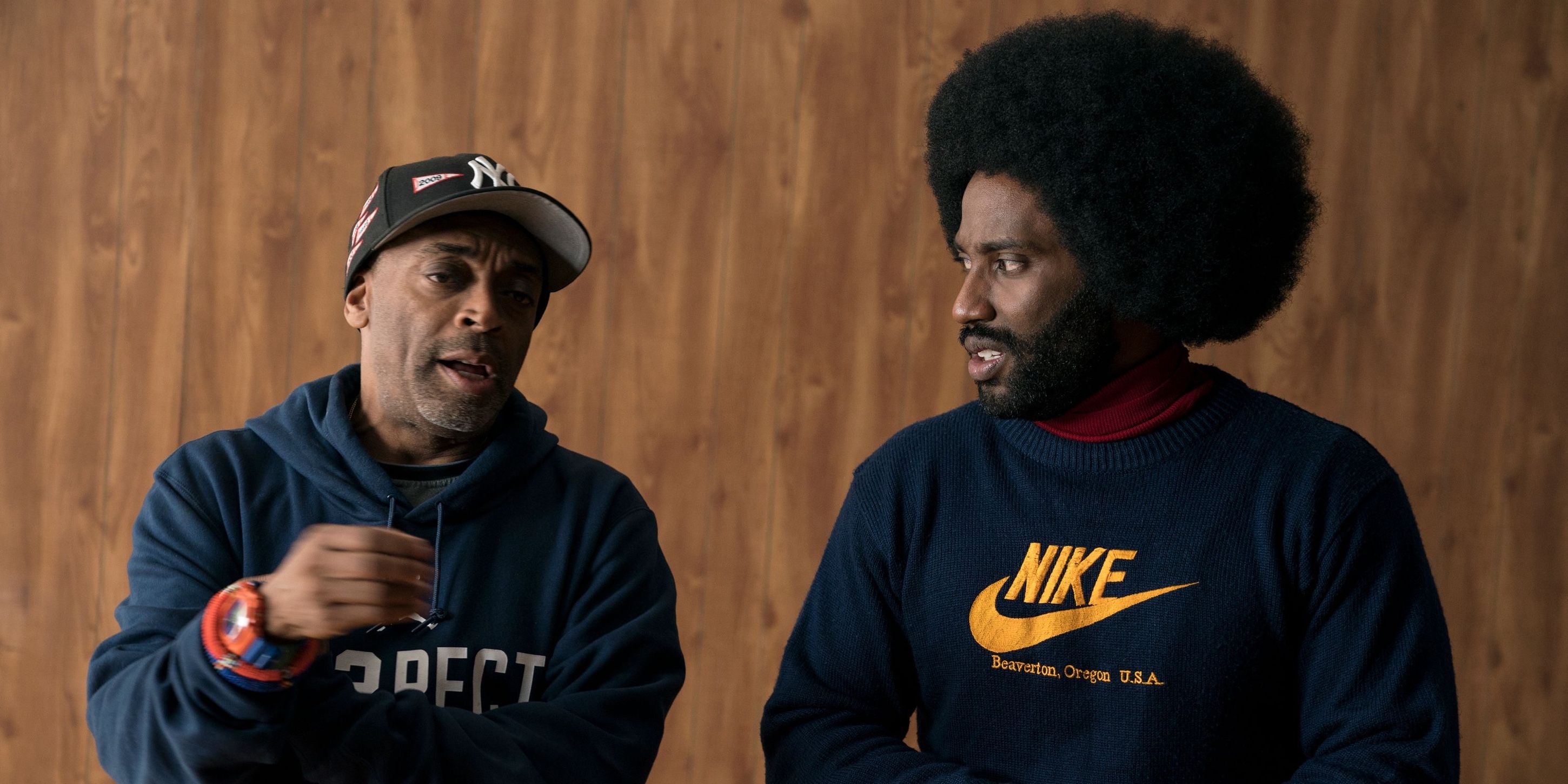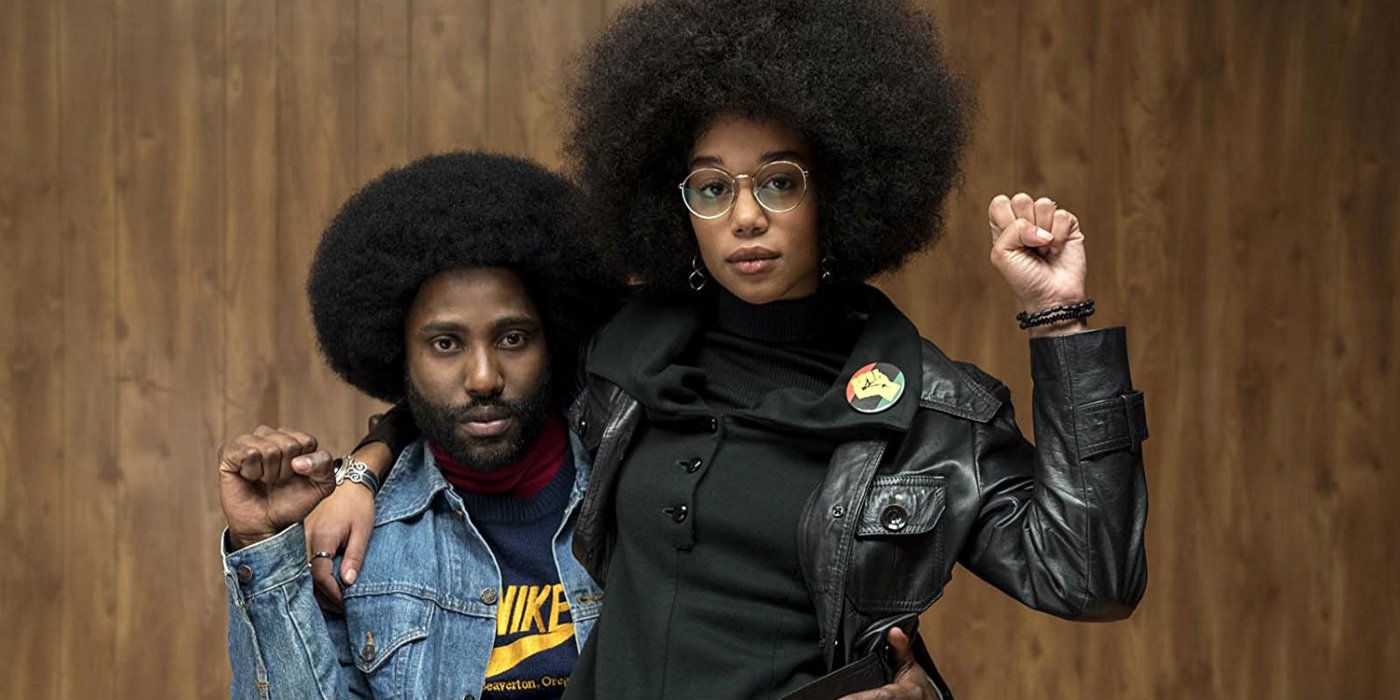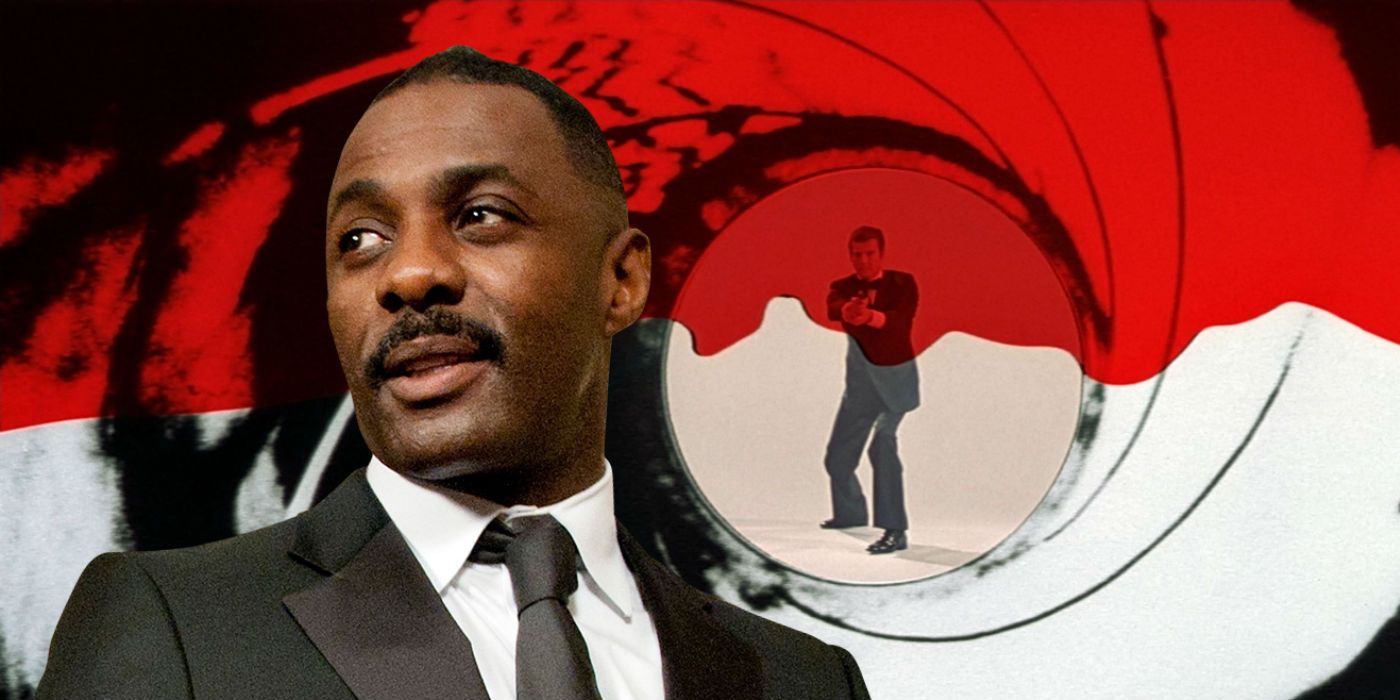
Legendary director Spike Lee’s first film was 1985’s She’s Gotta Have It, but it was 1989’s Do the Right Thing That brought Lee an Academy Award nomination and mainstream notice. He has gone on to make multiple feature films that deal with a wide range of political issues. Lee often finds himself in the middle of controversy because of his films and outspoken opinions. His most recent work is BlacKkKlansman, based on the memoir of an African-American police detective who infiltrated the Ku Klux Klan.
Screen Rant: Although this film takes place in the 1970s, the movie feels extraordinarily contemporary. How did you make the film feel modern, yet authentic? In what ways did the contemporary feel help you focus in on your message?
Spike Lee: Well that's something that my co-writer, Kevin Willmott and I, decided that we were going to do from the get-go. We wanted to make this a hip, period film. A period film that's still contemporary. So we just did our thing...and it worked... I mean, Charlottesville, that's not in the script...Charlottesville happened while we were still in pre-production.
SR: Really?
Spike Lee: Yes.
SR: So I know that Charlottesville is in the film, but had there been other things that happened since, would that have been included as well?
SR: If there is one image that I would include, it would be at the border and seeing infants being snatched out of their mother's hands. Mothers screaming. Infants screaming. Crying. Hysteria. And no one thought, "What information shall we take so we may some time reunite mother to son, or daughter? Infant to parent." And I don't have the exact number, there's still one thousand kids that can't be identified. How do you implement a program...? I don't want to say this, but that makes me think about slavery. My wife automatically thought about our ancestors being separated, broken apart, sold. And what this guy did to these families is not much different. For me, that's a criminal act, to separate, snatch infants out of their mother's clutches. With nothing put in place information wise, identification wise, so families can be reunited. Who does that? That's some foul shit right there. It's horrible... But when you think about it. What did he say? "They're all rapists! They're drug dealers! He was talking about Mexicans specifically now. But it's not all Mexicans coming across the border. It's...this crazy Looney Tunes times...

SR: It sure is. It really is... Every few years there is a movie that holds the door open for other movies. Your producer specifically said that BlacKkKlansman was made possible because of the success of Get Out. What kind of impact do you feel that film had socially and on the film industry? And do you think that is helped your success for this film?
Spike Lee: I love my brother Jordan Peele. I'm happy for the success of Get Out. But, this film didn't cost that much so... For me, the film that changed the game is Black Panther. For me, I'm talking about... Here's the thing. When you're a black director and trying to get a film made with a studio, the way it always went the okie doke was when the line item came to foreign. Historically, they said, "Well we can't give you that much for the budget because historically black films don't make any money overseas." Then when Denzel [Washington], Will [Smith], and Sam [Jackson], started selling overseas then they move the goal line further and said, "Well, there are stars are in it. If you don't have any stars in the film you're not going to make any foreign." Black Panther...there were no stars in that film. Prior to the film. Now they move the goal line further, "Well, that's a Marvel comic book." It's shenanigans... For me, that was always used against me, why I couldn't get more money for my films. Because they always but zero, little money in the line item for foreign. And it's been proven that Black folks can travel, you know? And people go see our films. So that's the next thing, you know?
SR: Speaking of Black Panther, there's rumors that you've been circling a movie called for Sony called Nightwatch, which is another superhero film...
Spike Lee: Nah.
SR: No? Okay. Good, we can move on from that. You've mentioned that you immediately thought of John David [Washington] for the part. What was it about him that gave you confidence that he can embody the role?
Spike Lee: Well, I saw him act in Malcolm X when he was six years old...He was one of the kids who says, "My name is Malcolm X." But seriously I saw him in Ballers...
SR: I love Ballers yeah.
Spike Lee: I saw him play football at Morehouse. [Laughs] And I like the saying...for something to become a cliche, it had to be a truth first. So the cliche that I would use now is that the fruit does not fall far from the tree. That's not a cliche, that's the truth with John David Washington, the son of Pauletta and Denzel Washington.
SR: Awesome.
Spike Lee: And I just knew. I mean...I offered him the part. He did not have to audition and do nothing. Just show up... Just accept it.
SR: One of the more interesting subplots of the film was they dynamic between Ron and Patrice, when they're both living their truth as a policeman and a civil rights activist. Can you explain the friction and talk about this dynamic in the communities that are surely familiar to many of the viewers?
Spike Lee: Well this tension that you talk about my brother. Goes way back. We can go back to W.E.B. Du Bois, Booker T. Washington, Malcolm, Kwame Toure, Dr. Martin Luther King, there has always been this friction, tension about which is the best way for us as a people to move forward? Is it best for us to work within the system? Can we do more outside of the system? I mean, I remember...several times seeing footage or reading where Malcolm said lke Dr. King should thank me because they rather deal with him than deal with me. But, let's go back to the ending of Do the Right Thing, where we had the two quotes by Malcolm and Dr. King and many people got that stuff twisted and thought that I was saying that there is an either or. Both Malcolm and Dr. King were moving towards finding common ground. And I love sports, so I will use a football analogy. You gotta have a ground game and you gotta be able to throw the ball...For me, anything that works in this universe, there has to be a balance. If you got one not the other, your balancing ain't going to work. So, as long as people are committed to the same goal. There's many different routes to get there. So that's why I thought it was key to put that scene in there. We have Patrice who is based upon...Angela Davis and Kathleen Cleaver. To show that friction. That tension. Sometimes it's good to have tension and friction because they bump into each and shit gets hot and you move forward. No it was very important to have that scene and that is why at the end of the movie she says, "I can not sleep with the enemy...We might have a thing and I love you but you're..." Earlier in the film she called him a "pig," you know so....
SR: From the subject matter to the film's title, the project had society's odds stacked against it, however it proved to be one of the most successful releases of the year. Aside from the high production quality, why do you think that audiences and critics were so receptive to BlacKkKlansmen?
Spike Lee: Hmmm... I think it was the craftsmanship in the storytelling and how people were coming to see a film...a true story that took place in the mid-70s, but at the same time was contemporary. And that was a goal that, Kevin Willmott...my co-writer on the script. That was our goal. To make a hip, period film that resonated with the crazy world that we live in today...What really cemented that was the tragedy of homegrown terrorism and the death of Heather Heyer and Ms. Susan Bro losing her daughter. It was nothing but a plain act of homemade, homegrown American terrorism. And that speaks to the fake narrative that Americans are fed day by day. When you hear the word terrorism you always automatically think that it has to be something Muslim related. Which is a false narrative. It's false. It's a lie. More acts of terrorism are committed by Americans on American soil than any other group. Muslim or not. That's the real narrative, but that's not the story, that's not the narrative that they want people to hear, the American public.

SR: When did you first find out about this story being a true story and when did you want to start adapting this?
Spike Lee: Well I never heard anything about this until Jordan Peele called me and pitched it to me.
SR: Really?
Spike Lee: I did know of, or had never heard of, Ron Stallworth. It was completely new.
SR: By the way I get told that I look like Jordan Peele a lot. Just saying...
Spike Lee: I see a resemblance. He ask you for money? [Laughs]
SR: You opened up many people's eyes to the horrors of Hurricane Katrina with When the Levees Broke...
Spike Lee: Levees
SR: Yes, Levees Broke. Have you considered doing a follow-up with the largely uncovered humanitarian disaster that has..
Spike Lee: Well we did the follow-up to Katrina and it's called... If God is Willing and Da Creek Don't Rise
SR: Okay. Well, I was going to ask more about the happenings in Puerto Rico post this year, if you were thinking about doing anything with that?
Spike Lee: Well, that's going to be a segment of the second season of She's Gotta Have It. Shhhh...
SR: Spoiler alert... Now, I know that...obviously I talked about that rumor with Nightwatch but I know that you have had a heavy influence by being a fan of James Bond and Bruce Lee...
Spike Lee: Since I was a kid!
SR: Yes, since you were a kid. Have you ever considered doing like one of those superhero movies and kind of infusing more of some of those styles in there...some Bruce Lee maybe. I would love to see you direct a James Bond movie to be honest with you.
Spike Lee: Who's playing James Bond?

SR: I hope it's Idris Elba personally.
Spike Lee: What did he say?
SR: I don't know. I haven't asked him.
Spike Lee: Has he spoken publicly on it?
SR: I think he said he would do if he was asked? So Spike, can we get a...
Spike Lee: I mean they just got...they just moved away from Danny Boyle so... All I know is...my James Bond is Sean Connery.
SR: Yeah? I'm a Timothy Dalton guy but...
Spike Lee: You're younger than me! You weren't born when Thunderball, Dr. No, From Russia With Love. Sean Connery is a bad m********er! [Laughs]
SR: Well I appreciate it. Thank you for your time Mr. Lee. Pleasure to meet you.
More: Read Screen Rant's BlacKkKlansman Review
from ScreenRant - Feed https://ift.tt/2qdJHTJ


0 Comments